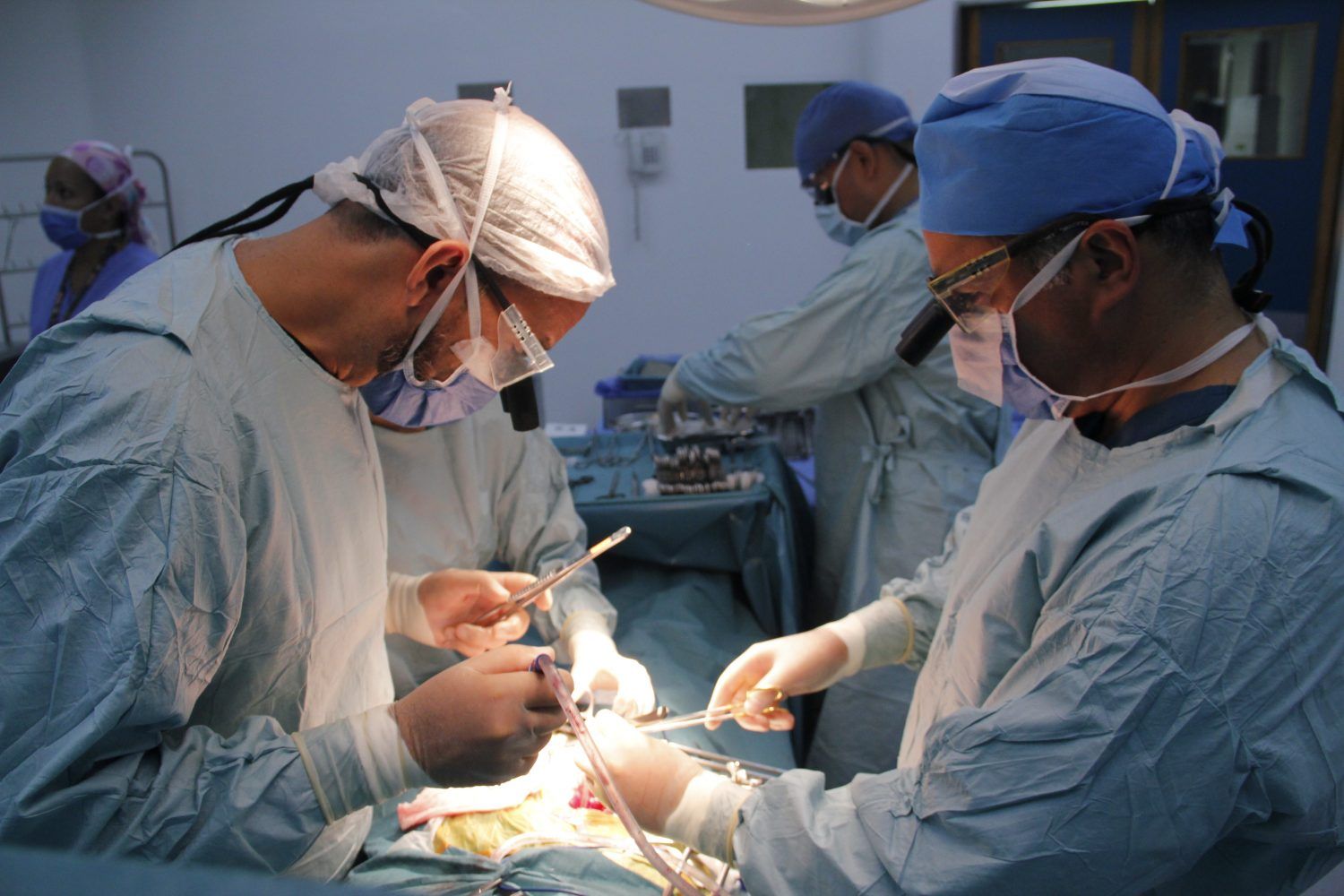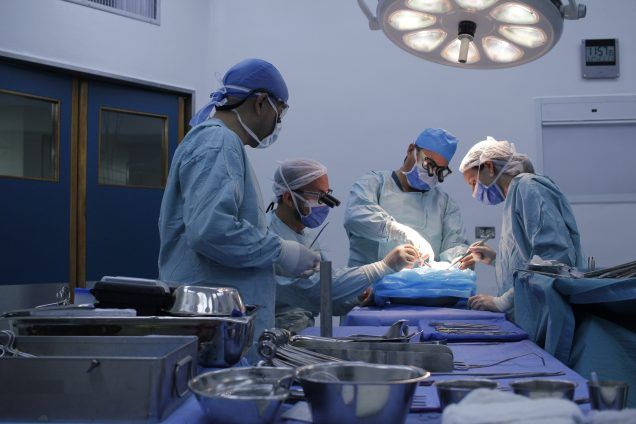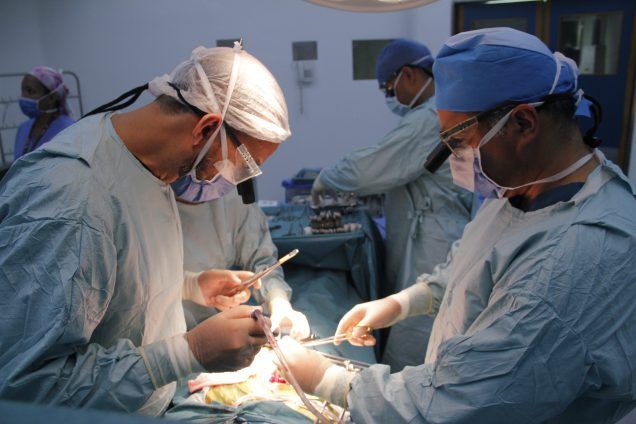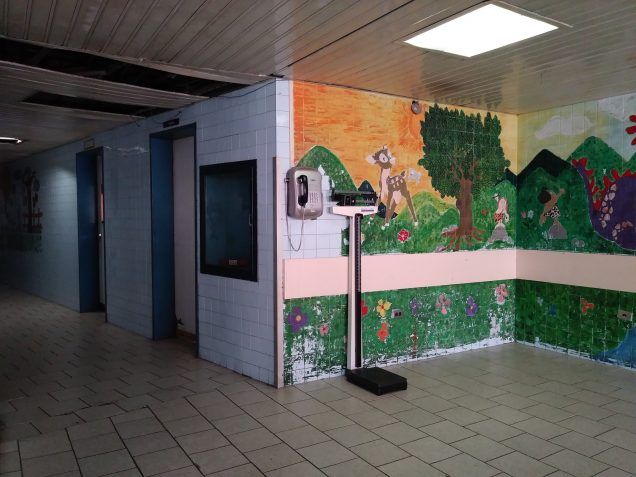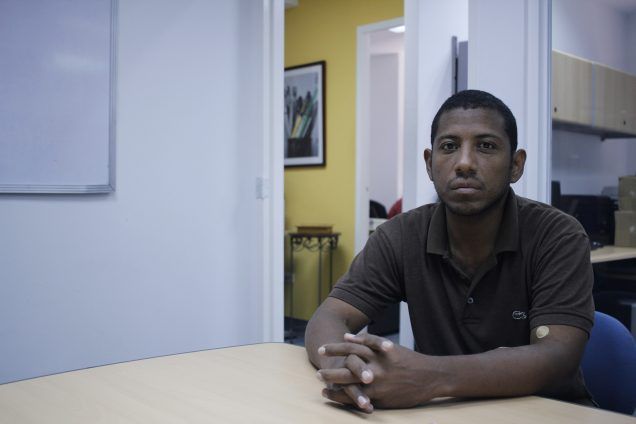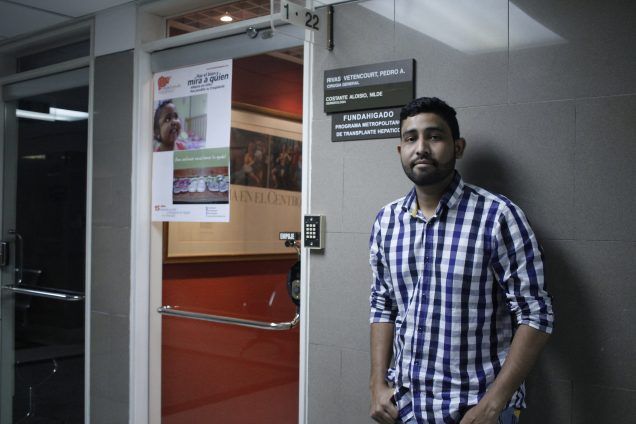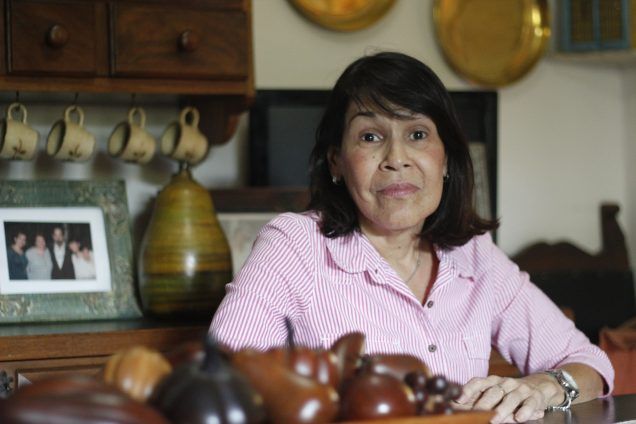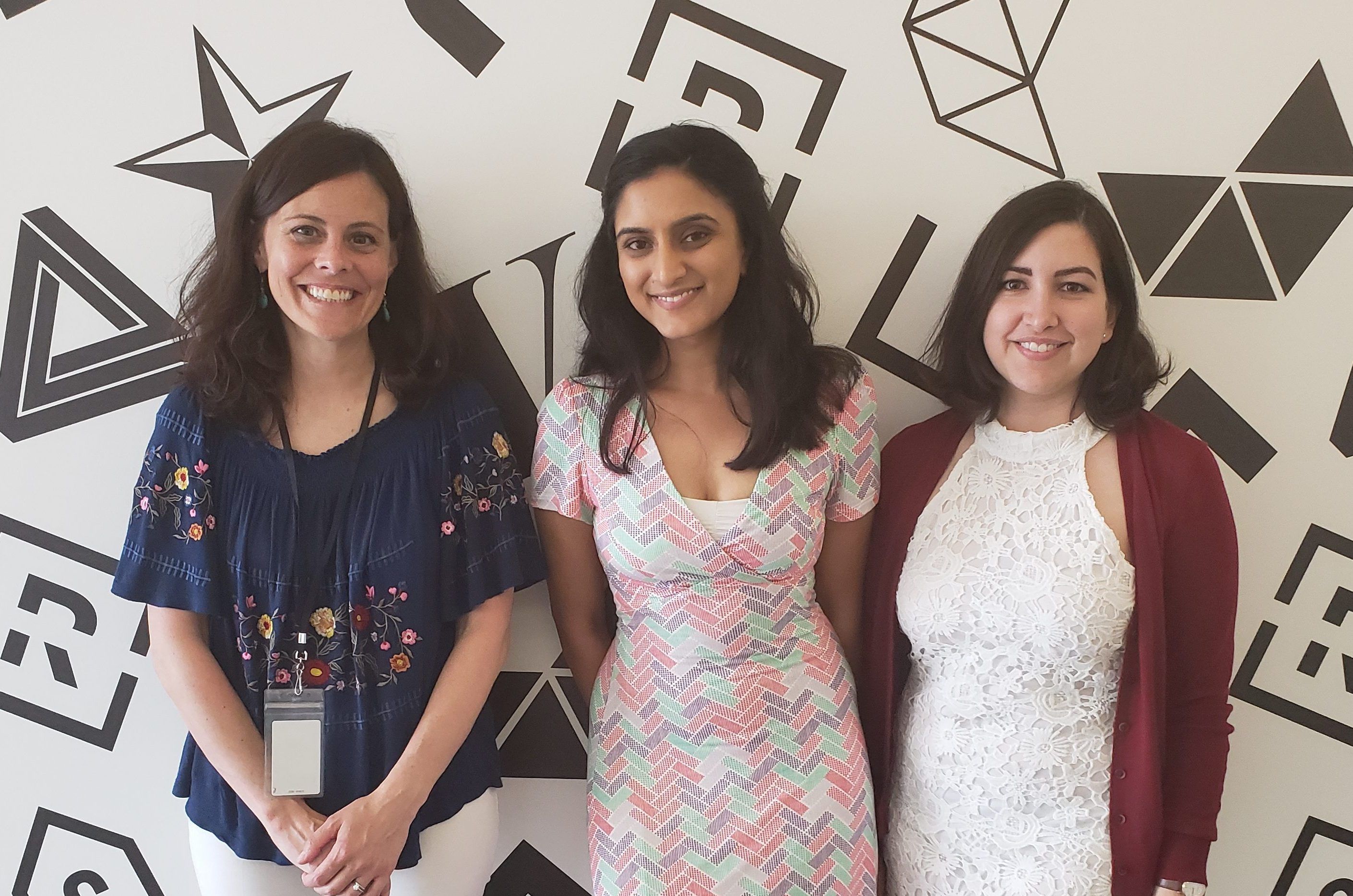As soon as I step off the plane at Simón Bolívar International Airport, outside of Caracas, Venezuela, I’m reminded of the surreal state of my homeland.
The terminal frequently has no air conditioning, though the temperature often rises above 90 degrees Fahrenheit. People wait in a long line to pay for parking with their credit cards: to pay in cash would require a stack of bills two feet high.
A familiar face smiles down from enormous posters pasted to the walls: former president Hugo Chávez, leader of the socialist revolution that swept Venezuela in 1999. Although Chávez died from cancer in 2013, current president Nicolás Maduro uses his image as a symbol of Venezuelan patriotism and the fight against global capitalism.
I was in my homeland for the first time in two years, since I left to study at COM, but I wasn’t here to visit my family—I was traveling as a journalist, reporting on the breakdown of the country’s organ transplant system for the Pulitzer Center on Crisis Reporting.
First Steps
My journey home began three months earlier, in March 2018, when I was selected as one of 43 Pulitzer Center student fellows. The international fellowships fund travel to report on a range of issues often overlooked by traditional media, including global health and human rights, climate change and the environment, peace and conflict, migration and cultural identity.
As a fellow from Boston University, a charter member of the center’s Campus Consortium program, I also attended a two-week journalism crash course at the Pulitzer Center’s Washington, D.C., headquarters. There, I researched and discussed my project with working journalists and visited newsrooms at the Huffington Post, NPR, the Washington Post and Vox.
I was also given a taste of the idiosyncrasies that were to come in my homeland when I attended the 48th General Assembly of the Organization of American States (OAS). As I listened to a heated exchange on the economic and humanitarian crises in Venezuela, Venezuelan Minister for Foreign Affairs Jorge Arreaza compared the OAS—“an important forum for regional diplomacy,” according to the Council on Foreign Relations—to a cartel and called Secretary General Luis Almagro a “sicario,” or hit man. The assembly concluded with a widely backed censure of Venezuela’s 2018 presidential election, in which Maduro was reelected.
When Home Becomes the Field
After the two-week training, I headed to Caracas to see firsthand how the economic crisis was impacting the healthcare system. I wanted to convey how the organ transplant system had worked before, its failures now, and the chain of events in between. To make that story resonate, I knew I had to capture patients’ pain and anxiety, as well as the abandonment they felt in a country where rampant inflation has created a humanitarian crisis and brought public health infrastructure to the brink of collapse.
I started by sitting down with doctors who had led the effort to build a professional organ procurement system in the country 20 years ago. They helped me reconstruct the journey from a system that provided more than 300 transplants in 2012 to one that provided just 9 transplants in the first half of 2017—before shutting down completely. Today, only a handful of private clinics offer transplants, at prices far out of reach for all but a privileged few.
With the doctors’ assistance in gaining patients’ trust, I began finding people with emotional stories to tell. Some did so out of anger or indignation, others were moved by the hope that their voices could bring about change.
I met Carlos Román, a 37-year-old father who has spent six years on dialysis, awaiting a kidney transplant. With organ procurement now suspended, his wait will continue indefinitely. I talked to María Eugenia Rodríguez, Carmen Viñas and Juan Guarda, transplant patients who struggle every day to find the medication they need to prevent organ rejection.
I also spoke with Gregory Centeno as he waited to be connected to a dialysis machine for the first time in six years. A 2012 kidney transplant had saved his life, but in early 2018, his body rejected the organ. He had missed five months of medication because the government-managed social security, which had guaranteed this treatment, failed to import enough medicine to meet demand.
I found myself identifying with these tales of suffering. It could easily have been me, my sister or my dad in that hospital bed.
Challenging Circumstances
Finding sources wasn’t my only challenge—I also had to meet with them while avoiding attention. The Venezuelan government does not want journalists documenting the poor conditions inside public hospitals, forcing reporters to go undercover, sometimes posing as family members of patients.
Hoping to get into the country’s main pediatric hospital, I waited outside for an hour under the burning sun and surrounded by a cloud of mosquitoes, so an activist could let me in and help me evade government militia members patrolling the corridors.
As well as local activists, I also benefited from the support of former colleagues. Prior to BU, I had worked at Prodavinci, a Venezuelan digital media outlet. The staff became invested in my project, connecting me to sources and sharing their own ideas about structure and potential multimedia content. They also committed to publishing my stories once they’re completed.
Returning to Venezuela as a reporter made me a better journalist and reaffirmed my interest in fighting for transparency and accountability. Experiences like waiting in the baking sun for the chance of an interview or taking a photo at a hospital patrolled by government militias also forced me to reflect on how far I was willing to go to tell the stories that I believe need to be told. More than my own safety, though, I had to consider the well-being of the sources who feared retaliation for speaking to me. Now, my task is to do justice to their bravery by writing stories that bring the world’s attention to the problems facing them and my country.
